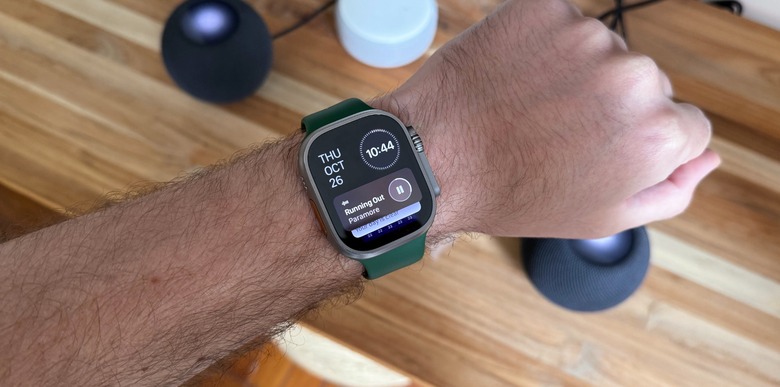Apple Launches Challenge To EU's New DMA Rules
A couple of months ago, the European Commission announced new DMA rules that Apple has to comply with during the iOS 26 cycle. After opening up the iPhone ecosystem to third-party marketplaces, third-party payments, and other changes, the EU now wants Apple to further improve interoperability between its software and third-party devices.
Here are some of the changes Apple will have to make in iOS 26:
- Non-Apple smartwatches must be able to receive push notifications, including images, and allow users to reply to them. This was a concern raised by the creator of Pebble during the announcement of his two new watches.
- The pairing process for non-Apple connected devices, like headphones and smartwatches, should be more straightforward.
- Virtual reality headsets should benefit from better and faster data connections with iPhones.
- Support for alternative solutions to AirDrop and AirPlay services must be integrated.
Apple has now challenged the European Commission's new requests related to the DMA, appealing the decision at the end of last month.
"At Apple, we design our technology to work seamlessly together, so it can deliver the unique experience our users love and expect from our products. The EU's interoperability requirements threaten that foundation, while creating a process that is unreasonable, costly, and stifles innovation," a spokesperson for the company said in a statement to the Wall Street Journal. Apple also called the rules "deeply flawed," arguing the company might have to share sensitive information with rivals, which could pose "security risks to European customers."
The spokesperson added: "Companies have already requested our users' most sensitive data—from the content of their notifications, to a full history of every stored WiFi network on their device—giving them the ability to access personal information that even Apple doesn't see. We are appealing these decisions on their behalf, and in order to preserve the high-quality experience our European customers expect."
While the European Commission hasn't responded yet, it's unlikely that Apple will be able to sidestep these new rules or broaden existing legislation.
BGR will continue tracking the latest DMA requirements that could roll out during the iOS 26 cycle.
